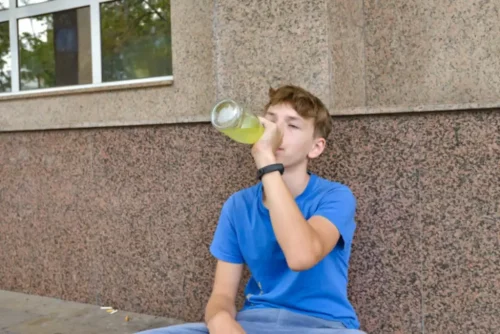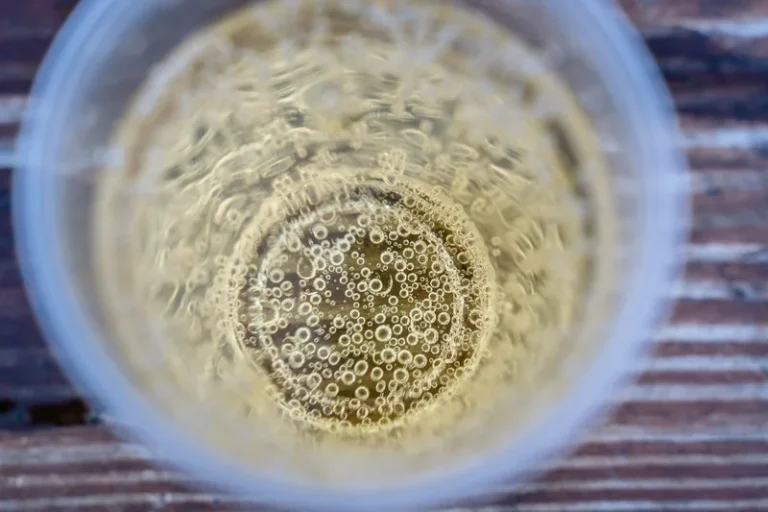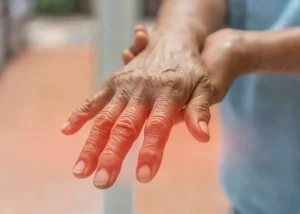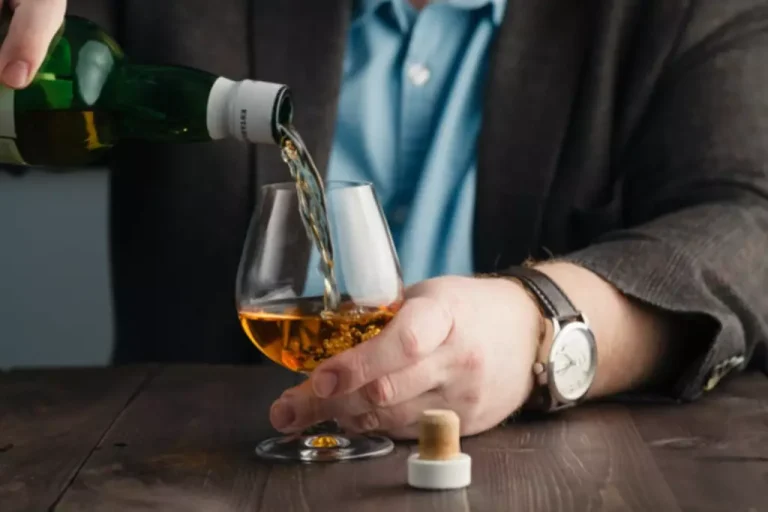
It’s not about telling someone what to do, but rather helping them uncover their own reasons for change. These rationalizations serve as a protective shield, keeping the reality of addiction at bay. It’s a tricky stage because the individual isn’t actively seeking help or information about their behavior. They might become defensive if confronted about their addiction, viewing https://ecosoberhouse.com/ such concerns as unwarranted criticism. Granite Recovery Centers provides medical detoxification for people who do not need immediate medical intervention, are not a danger to themselves, and are capable of self-evacuation in the event of an emergency. People who drink daily or almost every day should not be left alone for the first few days after stopping alcohol.
How To Qualify For Inpatient Physical Rehab?
In treatment settings, clinical diagnoses and health problems often focus on behavioral changes as a fundamental element for health prevention and maintenance. Establishing rapport between client and practitioner becomes pivotal, with identified short-term and long-term goals pursued actively through client motivation. Signs of a drinking problem can include financial issues, legal problems, struggling in relationships and using alcohol to deal with stress. Some of the physical symptoms include shakiness, bloated appearance, sweating, changes in skin complexion, weight gain or loss, nausea, sleep issues and more. People can start their journey toward sobriety by recognizing the signs and symptoms of each stage, seeking timely help, and utilizing the available resources.
Alcohol Withdrawal Stages and Severity
These triggers can be emotional, social, or environmental factors that remind individuals of their past relationship with alcohol. By recognizing and avoiding these triggers, individuals can create a supportive and alcohol-free environment. Implementing relapse prevention strategies, such as relapse prevention strategies, can be instrumental in maintaining long-term sobriety.
What Causes Alcohol Withdrawal Symptoms?
- In the early hours and days of your rehab, you probably will have some ambivalent feelings about giving up your drug of choice permanently, and you may think that your substance abuse problem is not as bad as others’.
- Drinking a lot on a single occasion slows your body’s ability to ward off infections–even up to 24 hours after getting drunk.
- Also known as DTs, an estimated 2% of people with alcohol use disorder and less than 1% of the general population experience them.
During the precontemplation stage, a person is feeling the effects of their addiction but is not interested in changing their habits. They will likely be defensive about their alcohol use and may even deny that it’s beyond their control. It sometimes takes a big event for someone to understand that they have an alcohol use disorder, such as a legal issue or an intervention. After someone realizes they may have an issue with alcohol use, they can move onto the second stage. As individuals continue to nurture their long-term recovery, it’s important to remember that setbacks may occur. It’s essential to approach setbacks with compassion and seek immediate support to get back on track.
- However, it can be easy to get discouraged along the way, which is why addiction experts have created a model that can help you visualize a path to recovery.
- Here’s advice from clinicians about how to get through this challenging period.
- At the end of the day, the person with addiction has to be willing to accept help.
- Alcoholics may even lie and blame others, rather than their addiction, for their problems.
- Following your treatment plan and seeking ongoing accountability and encouragement from your support network can help you build upon your progress and stay motivated.
- People who experience severe withdrawal symptoms or DTs may require hospitalization or intensive care unit (ICU) treatment during alcohol.

Building a strong support system is crucial for individuals in recovery. Having a network of supportive family members, friends, and peers who understand and respect the journey can provide invaluable encouragement and assistance. A support system can help individuals stay accountable, provide guidance during difficult times, and celebrate milestones and achievements. Approximately 15 percent of those who relapse regress to the precontemplation stage, and approximately 85 percent return to the contemplation stage before progressing to the preparation and action stages.
- It’s in that time that you can fully mentally, physically, and emotionally recover from an unhealthy relationship with alcohol, and build the resilience to confront any challenges or triggers that come your way.
- You may be responsible for part of the costs of your alcohol addiction treatment, depending on your deductible, copay, and coinsurance.
- Recovery from AUD is marked by stages of abstinence, withdrawal, repair, and growth.
- The foundation of our luxury rehabilitation center is a holistic approach where we treat the person as a whole and not just their alcohol addiction.
Though the original Twelve Steps of AA have been adapted over time, the premise of each step remains the same for all recovery programs that use a 12-step model. The 12 steps are challenging for every anyone struggling with a substance use problem, no matter what their addiction. Going through the ways your addiction has taken away from your life and how it has impacted others may be painful. While working with a sponsor is expected during the steps, the best chance of recovery comes from a combination of efforts. Bear in mind that recovery is a lifelong process (but it does get easier!). Helping a person recovering from an addiction can come down to helping them connect to treatment—if they’re not already doing so—and encouraging support groups like AA.
When should you seek help to overcome alcohol addiction?
This sets the stage for the subsequent stages of alcohol recovery, where individuals can seek appropriate help and treatment to address their addiction. In the next stage, individuals stages of alcoholic recovery explore treatment options and choose the right program that aligns with their needs and goals. No, everyone may not experience the four stages of alcohol withdrawal syndrome.

There are strategies of distraction and action people can learn to keep them from interrupting recovery. Another is to carefully plan days so that they are filled with healthy, absorbing activities that give little time for rumination to run wild. Exercise, listening to music, getting sufficient rest—all can have a role in taking the focus off cravings.

As individuals traverse the stages – pre-contemplation, contemplation, preparation, action, maintenance, and termination – the integration of motivational interviewing ensures a tailored and responsive approach. Ultimately, embracing the nuances of each individual’s journey, TTM and MI provide a comprehensive framework for clinicians and individuals alike to navigate the intricate terrain of addiction recovery. Detoxification is a crucial step towards recovery, but it is important to remember that it is only the beginning.
Moderate to heavy drinkers can also benefit from medical supervision in the acute withdrawal stage. For those with alcohol use disorder, withdrawal is just the first (but very important) step on a long journey to recovery. These first few weeks are critical because they are when the risk of relapse is highest. For most people, alcohol withdrawal symptoms will begin sometime in the first eight hours after their final drink.
Leave a Reply